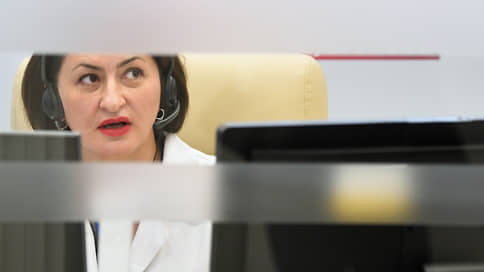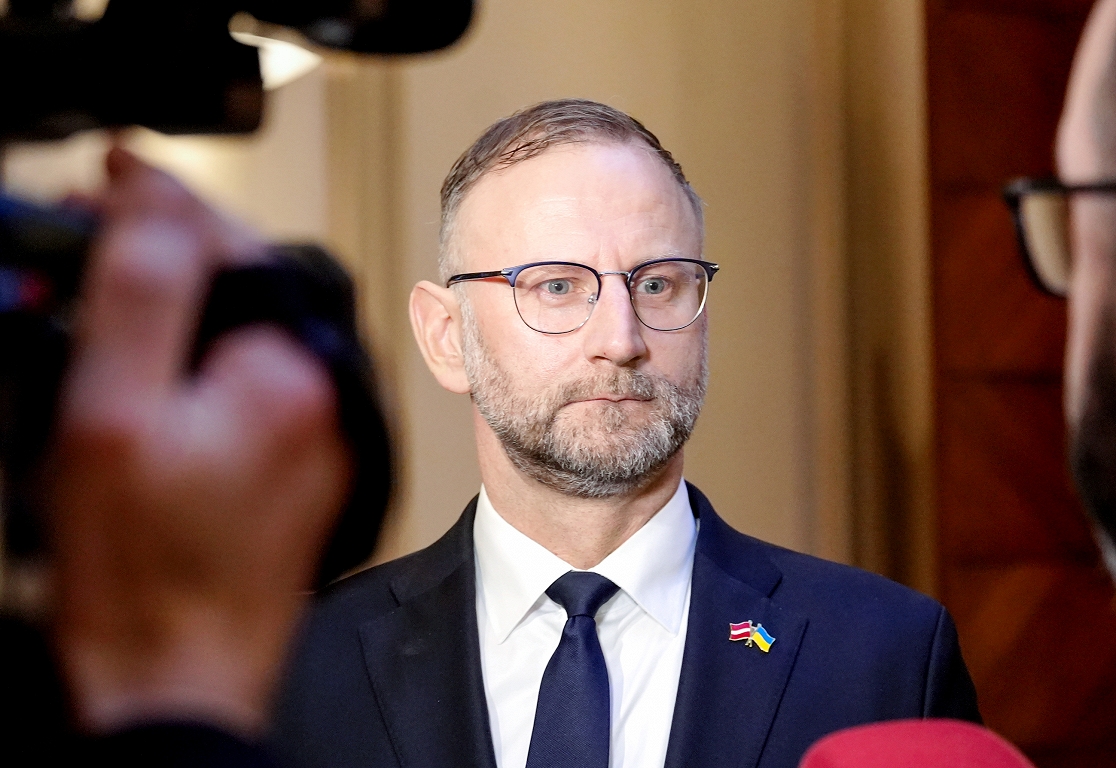Are the rules for the recovery of a penalty and costs for state judges and arbitrators the same

The Moscow Arbitration Court decided that the Arbitration Court was not entitled to reduce to zero a penalty for failure to fulfill obligations under the contract and in an unmotivated transfer to all expenses for the consideration of the case to one side of the dispute. The decision was made in a dispute, where Fesco Integrated Transport (Fit) recovered a debt for the transportation of goods from the Belarusian “Industrial Cargo”. The referee awarded a part of the debt in favor of Fit, but refused to recover the penalty and laid all the judicial costs of the plaintiff. The metropolitan court found this by a violation of the principle of legality, considering that the rules established for state judges apply to arbitrations.
The Moscow Arbitration Court has published a decision on the dispute on the limits of reducing the penalty and the distribution of legal costs in the proceedings in the arbitration court. The lawsuit is associated with the transport expedition for the organization of cargo transportation, concluded in April 2022 by the Russian Fesko Integrated Transport LLC (FIT, part of the FESCO group) and the Belarusian LLC “Industrial Kargo” (IR). The disputes under the contract were subject to consideration in arbitration, administered by the Russian Arbitration Center (RAC) under rice. Fit turned there in connection with the non -payment of the IR of a number of accounts for transportation services, requiring $ 118.9 thousand debt, $ 18.4 thousand forces and $ 13.6 thousand arbitration fees (fee for consideration of the case).
State against the arbitration
On May 23, 2024, the arbitration court collected $ 8.7 thousand debt from IR, recognizing part of the issued accounts by unlawful. The penalty was completely denied with the indication that its calculations were not justified and « with a greater degree of probability they would lead to unjustified enrichment of Fit due to the IR due to the downtime allowed through the fault of Fit itself. » Here, the referee referred to Art. 333 of the Civil Code of the Russian Federation (Civil Code), indicating that the law does not limit its right to reduce the penalty to zero. The arbitration of the arbitration fee assigned the plaintiff to pay the entire arbitration fee.
Disagreeing with the arbitration decision, Fit filed a statement on its cancellation to the state court, considering the principle of legality violated. According to the plaintiff, the referee “was guided not by the terms of the contract and the imperative norms of Russian law to regulate transportation, but by his vision of the“ reasonable and conscientious ”behavior of the forwarder.” Fit considered that a complete refusal to recover a contractual penalty violates the balance of interests of the parties, and the arbitration fee must be distributed between the plaintiff and the defendant. The Moscow Arbitration Court agreed that the referee was not entitled to completely refuse the penalty if part of the debt was recognized as justified, and reduce the penalty for monetary obligations below the key rate of the Central Bank of the Russian Federation prohibit Art. 395 of the Civil Code and clarifications of the Supreme Court of the Russian Federation (Sun). The arbitration court with the place of proceedings in Russia, whose decisions will be executed in Russian jurisdictions, are obliged to comply with these restrictions, and their violation is contrary to public order, the judicial act said.
Also, the metropolitan court noted that according to the RAC on arbitration fees and expenses, they are distributed in proportion to satisfied requirements, and all costs on one of the parties can be attributed only to the abuse of procedural rights. Since there were no such facts of abuse in the arbitration decision, the State Court recognized the assignment of the entire amount of the fee by the plaintiff by unlawful and violating the right of FIT to judicial protection. As a result, the arbitration decision was canceled in terms of conclusions by the penalty and arbitration collection.
In Fesco and IR did not respond to “Kommersant” requests.
Law and public order
Lawyers clarify that now, in order to recover the penalty, the plaintiff will need to file a lawsuit again in Rats and pay for the fee. The managing partner of AB « Grebelsky and partners » Alexander Grebelsky says that in different countries a different approach to arbitrators’ errors with the calculation of the penalty and not everywhere unreasonable accrual or decrease in the penalty is attributed to a violation of public order. At the same time, Mr. Grebelsky notes, after the decisions of the Constitutional Court of the Russian Federation of October 3, 2023 and dated April 16, 2024, Russian state courts actually equate the principle of legality with public order. In Russian practice, violation of the principles of legality, the balance of interests of the parties, the ban on unreasonable deprivation of legal requirements – a common basis for the abolition of arbitration decisions, the partner of Novator Legal Group Ilya Sorokin also admits.
Mr. Sorokin supports the conclusion of the State Court that « a complete refusal by the penalty is permissible only in the absence of a violation of the obligation. » AB NSP partner Ilya Rachkov agrees that the referee was not entitled to reduce the penalty to zero with a partial collection of debt, since this contradicts the law and explanations of the Armed Forces, and the dispute was considered in the Russian Federation under Russian law. The purpose of restricting the lower limit of the penalty is to protect creditors and prevent the unreasonable exemption of debtors from liability for non -fulfillment of contractual obligations, explains Mr. Rachkov.
At the same time, Mr. Grebelsky believes that the arbitration court “has a much wider discretion” than the state court, and errors with the calculation of the penalty relate to the essence of the arbitration decision, which the State Court is not entitled to revise. If the referee established that the services were not fulfilled due to the fault of the creditor, then the debtor should be completely exempted from liability for the entire time of delay in the loan under Art. 401, 405 and 406 of the Civil Code, and not go according to Art. 333 of the Civil Code through a decrease in the size of the penalty to zero, the Lidings partner Alexander Popeluk believes. At the same time, according to him, the link to the wrong article did not lead to the wrong decision, and if the State Court had made such a decision, the appeal would not cancel it.
In 36 percent of cases
The arbitration courts in 2024 satisfied the requirements for the abolition of decisions of Russian arbitration courts.
As for the distribution of the arbitration fee, Ilya Rachkov recalls that in arbitration courts the rule “Costs Follow The Event” applies (expenses follow the event), and if the claim is fully satisfied, the defendant carries the expenses, and if the claim is rejected, the plaintiff. In the case of partial satisfaction with the plaintiff, only part of the arbitration fee is lied in proportion to the excessively stated requirements, he said. The deviation from the proportional distribution is possible “only with the proven dishonest behavior of the party (for example, delaying the process),” adds Mr. Sorokin.
Alexander Grebelsky admits that the arbitrator should have substantiated in more detail his position on classifying costs to the plaintiff. However, Alexander Popeluk believes that the conclusion of the State Court on the insufficient motivation for the arbiter decision in this part “essentially means a revision of the decision of the arbitration court”, which is not allowed by law. In world practice, there were cases when expenses were assigned to the argument that won and this was not recognized as a violation of the public order, Mr. Grebelsky notes. In May 2019, the California Supreme Court pointed out such an arbiter mistake, but did not consider himself entitled to correct it and did not recognize the error so glaring as to cancel the arbitration decision.








